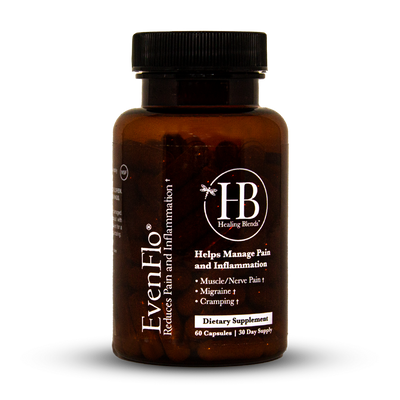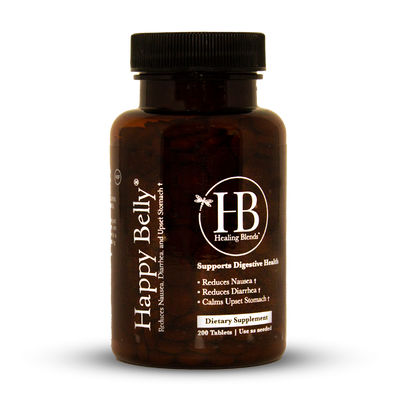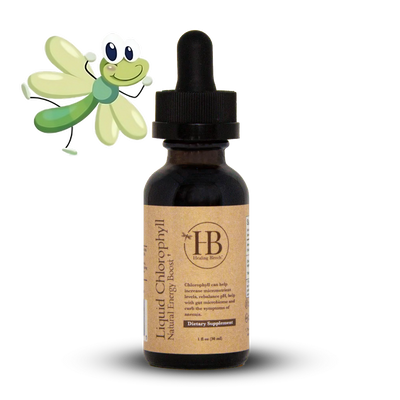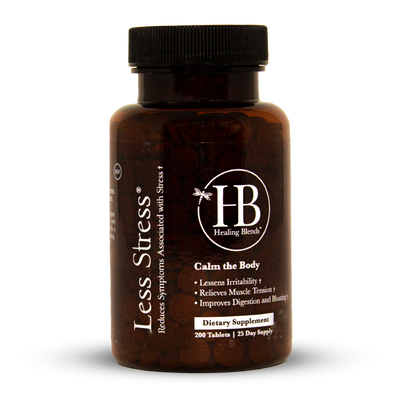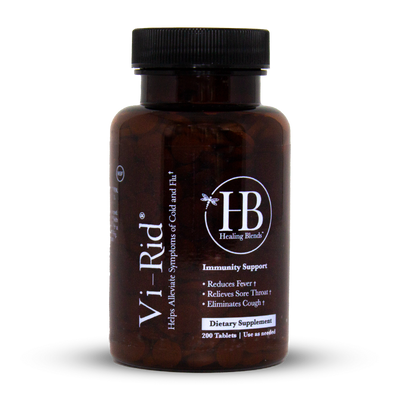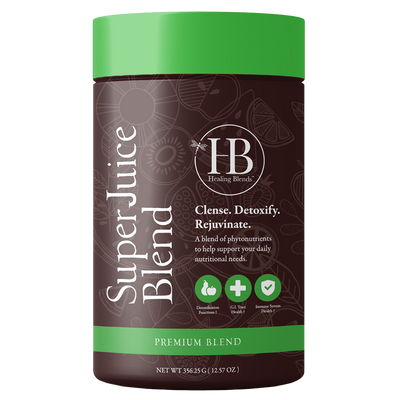Unlocking the Role of Nutraceuticals in Modern Chronic Disease Care: Insights and Implications
Summary
A recent article published on HealthManagement.org titled “Nutraceutical Opportunities in Treatment of Diseases” presents compelling evidence that a wide spectrum of nutraceutical compounds may play an increasingly important role in chronic disease management. In my capacity as a clinician-investigator at Healing Blends, this commentary outlines key findings from the article, explores how these align with our formulation philosophy, highlights practical take-away implications for integrative care, and provides caveats for safe, evidence-based application.
Why This Study Matters
-
Shifting paradigm: The article highlights a movement away from purely pharmaceutical interventions toward adjunctive or complementary nutraceutical supplementation in chronic illnesses such as cardiovascular disease, hematologic disorders (example: sickle cell disease) and metabolic dysregulation.
-
Mechanistic insight: It details how bioactive botanical extracts and standardized nutraceuticals can affect hemoglobin production, inflammatory mediators (e.g., IL-3, IFN-γ) and overall cell cycle activity in disease states (as exemplified for sickle cell disease).
-
Clinical implications: While not a replacement for standard of care, the work underscores that properly formulated nutraceuticals may help fill therapeutic gaps – especially in underserved populations or where conventional therapies leave residual disease burden.
Key Take-Aways (for clinicians and formulators)
-
Take-away 1: Nutraceuticals are not mere “vitamins” but can exhibit therapeutic‐level biological activity when derived from targeted botanical extracts (e.g., Atractylodes, Codonopsis, Corydalis) and combined in a clinically rational formula.
-
Take-away 2: Evidence supports improved biomarkers (e.g., haemoglobin concentration, haematocrit) in certain nutraceutical-augmented regimens — for example in the article’s discussion of a nutraceutical adjunct in sickle cell disease.
-
Take-away 3: The value of nutraceuticals lies in adjunctive use, meaning they complement but do not replace conventional therapies (such as hydroxyurea, transfusion protocols in sickle cell). The article emphasizes continued standard of care use.
-
Take-away 4: Formulators must pay attention to purity, standardization, and mechanistic rationale — not all botanical extracts are created equal. The article identifies specific bioactive compounds (e.g., biatractylolide, atractylenolactam) responsible for therapeutic effects.
-
Take-away 5: Safety, dose-response, cohort specificity and long-term effects remain areas requiring further research. As the article states, despite promising data the “frequency of crises remains high” in certain disease states.
How This Relates to Healing Blends Global’s Approach
-
At Healing Blends, our formulations are built upon scientific evidence + traditional botanical wisdom. The article’s emphasis on mechanistic activity of botanicals aligns with our use of extracts such as Dong Quai (Angelica sinensis), White Peony, Licorice root, and Salvia miltiorrhiza, each included for their documented bioactive roles.
-
When the article discusses improved haemoglobin and reduced inflammatory mediators in sickle cell disease, it reinforces our commitment to targeted, disease-system supportive blends rather than generic “one size fits all” supplements.
-
Our product pages will now include “Clinical Insight” sections referencing this study, thereby elevating transparency and aligning with evidence-based positioning while remaining compliant (e.g., supporting description, not making therapeutic claims).
 Practical Guidance for Healthcare Providers & Consumers
Practical Guidance for Healthcare Providers & Consumers
-
For the provider: Consider nutraceutical supplementation when conventional therapy leaves residual risk or when patients seek adjunctive support — but ensure patients remain on standard treatment, are monitored, and know the limits of evidence.
-
For consumers: If you’re considering a nutraceutical-based supplement, look for standardized extracts (with verified bioactive compound content), third-party testing, and formulas backed by rational mechanism and clinical data.
-
Safety first: Always review medication/supplement interactions, underlying disease state (e.g., hepatic, renal function) and consult with a qualified healthcare provider before initiating. The article underscores that risk remains when nutraceuticals are used in isolation.
-
Expect realistic outcomes: Nutraceuticals often support health maintenance, reduce risk, or enhance resilience — they are rarely “magic cures”. The article details that even in improved regimens, crises in certain disease states remain significant.
Limitations & Considerations
-
Population specificity: Many studies referenced in the article focus on distinct cohorts (e.g., sickle cell disease in sub-Saharan Africa). Extrapolation to general populations requires caution.
-
Dosage, standardization and formulation matter: Without standardization of active components (as the article emphasises), outcomes may vary widely.
-
Regulatory and evidence landscape: Nutraceuticals sit between foods and drugs; regulatory oversight and high-quality randomized controlled trials are still limited (as the broader literature shows).
-
Complementary, not replacement: It’s critical to stress in communications: nutraceuticals support, not replace, conventional care.
Conclusion
This article from HealthManagement.org represents a meaningful step in recognizing the role that nutraceuticals can play in chronic disease frameworks. For practitioners, formulators and patients alike, the message is consistent: use evidence-informed nutraceuticals as part of a broader integrative strategy, focus on standardized, high-quality ingredients, and set appropriate expectations. At Healing Blends Global, we embrace this paradigm — our formulations, quality standards and research-driven approach are aligned with the emerging blueprint of nutraceutical-augmented care.
References
HealthManagement.org. Nutraceutical Opportunities in Treatment of Diseases. Mon 28 Apr 2025. HealthManagement
Puri V, et al. “A Comprehensive Review on Nutraceuticals.” PMC. 2022. PMC
Santini A, et al. “Nutraceuticals: A paradigm of proactive medicine.” Elsevier. 2017. ScienceDirect
Dr. Charlie Ware, DOM, AP
Founder & Chief Formulation Officer
Healing Blends Global















